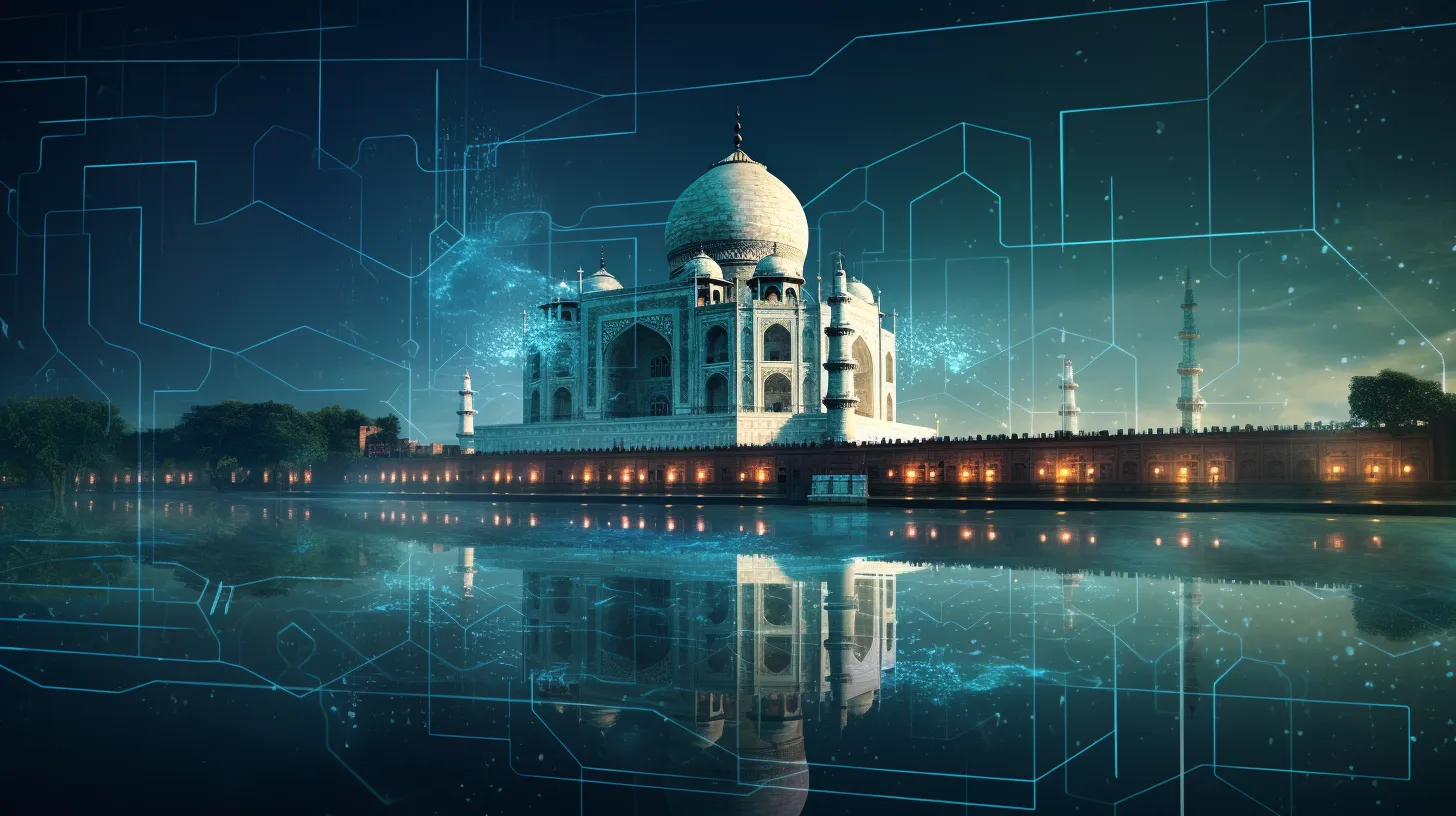India's AI Odyssey: A Tale of Aspiration and Reality

In the bustling corridors of Bengaluru’s tech parks, a revolution is quietly brewing—a revolution powered by artificial intelligence (AI). Yet, as India aspires to become a global AI hub, the road ahead is fraught with challenges as intricate as the algorithms that drive this technology.
The Promise of AI in India
Recent reports have been overwhelmingly optimistic about India’s AI prospects. According to Microsoft, the country is making strides in policies, laws, and regulations around AI. The Indian government is not just a passive observer but an active participant, with the Ministry of Electronics and Information Technology planning to host the Global IndiaAI 2023 conference. The event aims to cover a wide array of topics, from AI in governance to investment opportunities, and is chaired by Union Minister Shri Rajeev Chandrasekhar.
LinkedIn’s recent report adds another feather to India’s AI cap, revealing a 14x growth in professionals skilled in AI since 2016. The country now ranks among the top five nations for AI talent, alongside Singapore, Finland, Ireland, and Canada.
The Corporate Tango
The private sector is equally enamored with India’s AI potential. Nvidia, the American chipmaking giant, has announced partnerships with Indian conglomerates Reliance Industries and Tata Group. These collaborations aim to develop cloud infrastructure, language models, and generative applications. Reliance, with its 450 million Jio telecom customers, is particularly poised to leverage AI for a range of applications, from chatbots to drug discovery.
GitHub and the Developer Ecosystem
India’s software developers are not to be left behind. They contributed to over 24% of AI-related projects on GitHub in 2022, outpacing even the United States. This is a significant indicator of the country’s grassroots-level innovation and its potential to contribute to the global AI ecosystem.
The Challenges: Not Just a Code to Crack
However, the narrative is not entirely rosy. The Indian Express warns of the disruptive impact of generative AI and Large Language Models (LLMs) on various industries. While AI promises to revolutionize sectors from healthcare to governance, it also poses ethical dilemmas and the potential for job displacement.
Moreover, despite the surge in AI talent, the country faces infrastructural bottlenecks. As Mukesh Ambani, Asia’s richest person and Chairman of Reliance Industries, pointed out, India needs a “digital infrastructure that can handle AI’s immense computational demands.” The country also lags in AI-related journal publications, with China taking the lead.
The Ethical Quagmire
Ethical considerations are another hurdle. Microsoft’s report on “Governing AI: A Blueprint for India” emphasizes the ethical dimensions of AI, particularly its societal impact. The government and corporations must tread carefully to ensure that the AI revolution is inclusive and does not exacerbate existing social inequalities.
The Global Context
It’s also worth noting that India’s AI ambitions are set against a backdrop of global competition and collaboration. While the country is making significant contributions to AI projects, it is also in a race with other nations, notably China and the United States. These countries have been dominant in AI partnerships, and their institutions, particularly in China, have been prolific in AI research output.
The Road Ahead
So, what does the future hold for India’s AI journey? The government’s proactive approach, the private sector’s enthusiasm, and the burgeoning developer community offer a promising trifecta. However, the challenges are manifold—from infrastructural limitations to ethical concerns.
The upcoming Global IndiaAI 2023 conference could serve as a pivotal moment for the country, bringing together the best and brightest in AI from India and around the world. It is an opportunity for India to not just showcase its AI ecosystem but also to address the challenges that lie ahead.
As India navigates this complex landscape, it would do well to remember that AI is not just a technological endeavor but a societal one. The algorithms may be neutral, but their applications seldom are. Balancing the scales of innovation and ethics, infrastructure and talent, will be the true test of India’s AI odyssey.
The stakes are high, but so are the rewards. And as the algorithms continue to churn out possibilities, one thing is clear: India’s AI journey is one to watch, replete with lessons for the world.